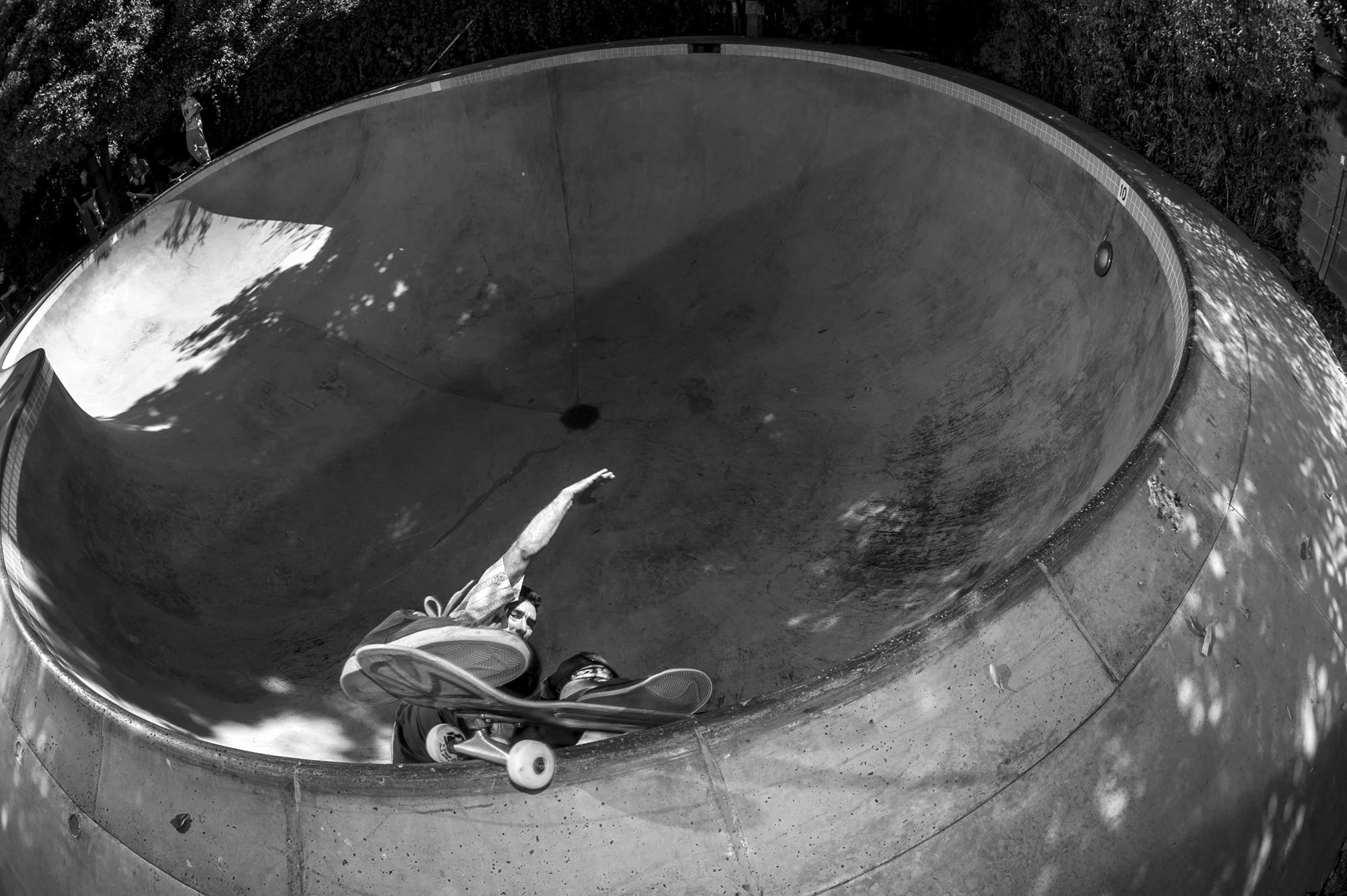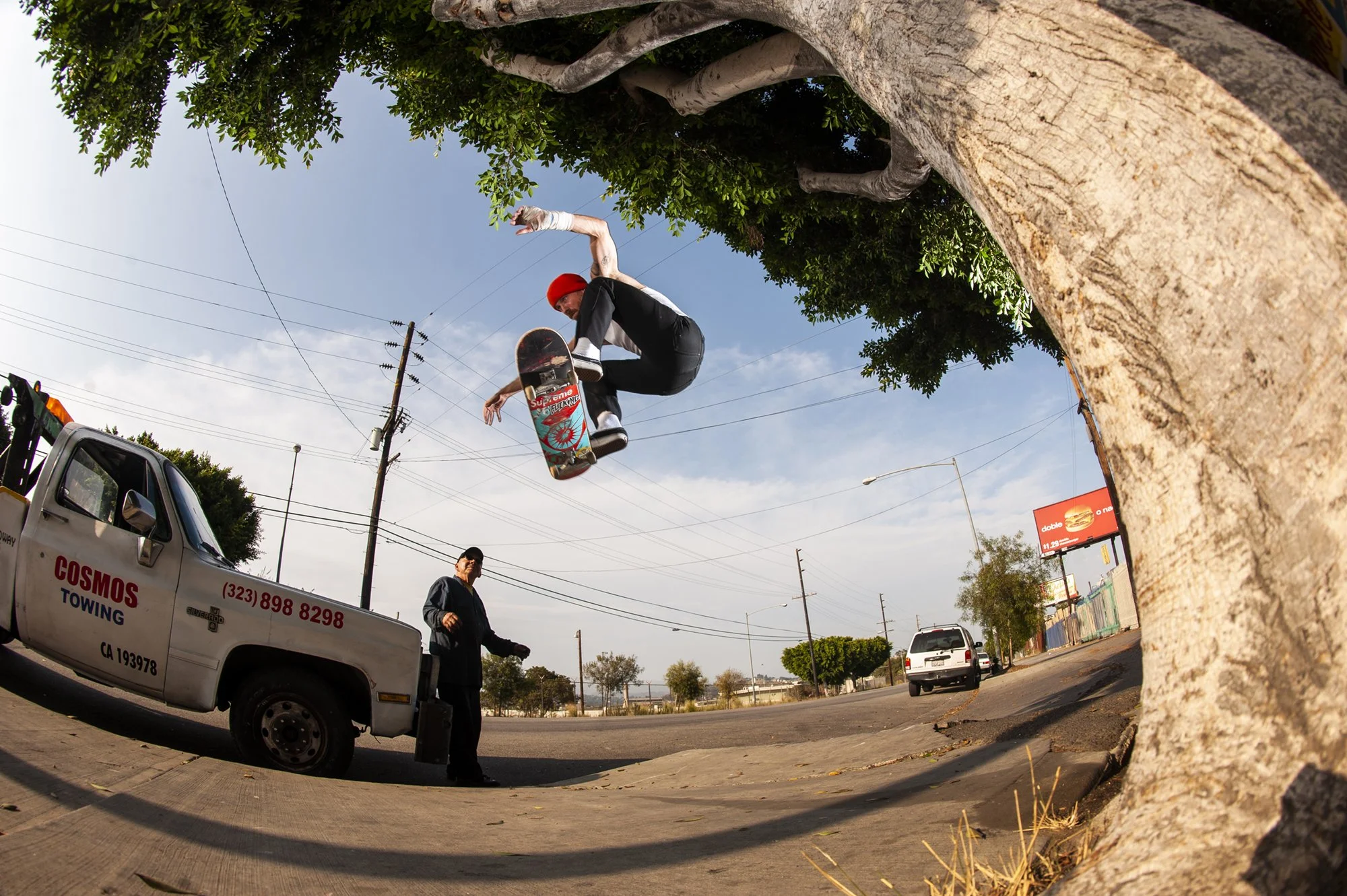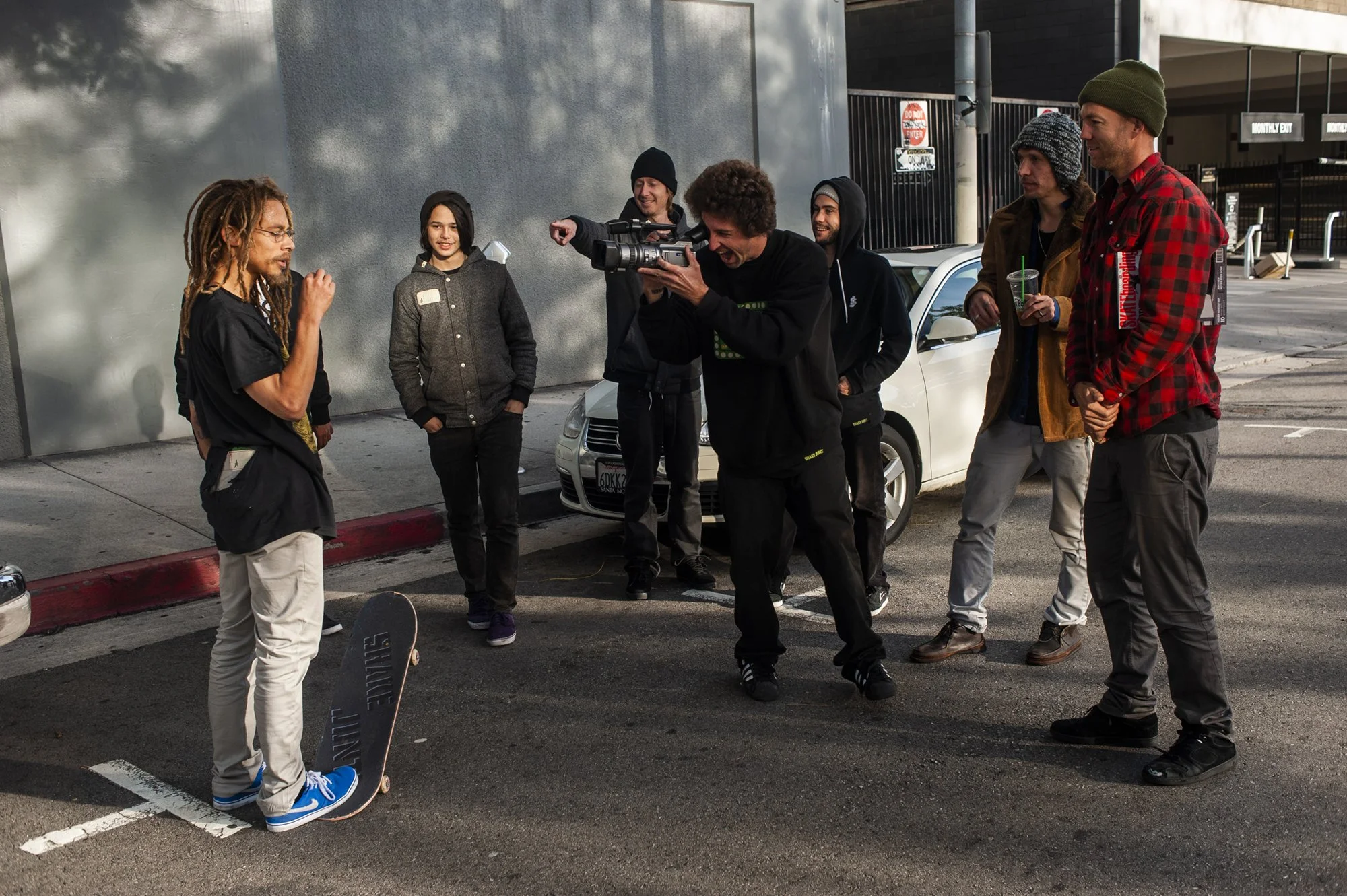What Blessing is This #3: Michael Burnett
Kyle Beachy gifts us with the third installment of his What Blessing Is This series, in which he experiments with the relationship between words and photos featuring images authored by friends / collaborators. This edition features photos from Michael Burnett.
Many years later and still he can’t forget the man whose name he never learned. This was back in the San Bruno days, living with his mom and her boyfriend, asshole Phil. And one day when he couldn’t take them any more he left the house and spent a few days wandering and sleeping in the city. Learning the city. Sinking, really, into the city. This was when he’d met the man.
“Oh, right–when you ran away from home,” Angie would say, smiling. And he’d get a little heated because it wasn’t ‘running away’, like some naive dream of train hopping and bindle sticks, little Jimmy on his big adventure. This was a transformative and indelible part of who he was, the very person who Angie chose to marry.
About the man he remembers almost nothing. Was the man tall? Stocky? Bearded? No idea. By now his face is as lost as his name. All that lingers is the man’s voice, which he’ll still at times hear echoing through his skull.
The way the man seemed to speak from the distant end of a tunnel, or from deep inside a cylindrical tube. Or no, no, spoke as if from the bottom of a drained swimming pool at dusk. Yes. The man’s body inverted so that his head was only partially visible.
But try as he did, he could no more describe this to Angie than he could flap his arms and fly away.
Because, as Angie likes to point out, nothing of actual substance really happened while he was homeless.
“You weren’t homeless,” she’d say.
Which, alright. His mom and dickhead Phil were still there in San Bruno, discovering their bodies’ outermost capacity for rum and coke. All he did was walk out the door and down the hill to the BART station, carrying only his board and that emaciated wallet made from duct tape. Leaving was easy.
The sinking took a bit longer. He moved among old vacated buildings and loading docks, keeping to the shadows and watching the way things worked, or at least seemed to work. The first night was windy, and the second damp and still, and by day three he’d begun to understand the laws of the city, which were basic. It was every man for himself, except for occasional acts of profound and surprising care. A bottle shared. A hand laid gently upon shaking shoulders. He watched as they carried their athletic bags and department store bags, walking in circles and speaking to nobody. A lot of them chose to sleep in doorways and others took to city parks, which is where he eventually met the man.
In the gray wet light of the fourth morning he woke to see the man crouched nearby, watching him. He felt no fear. And soon enough, without preamble, the man’s voice came rumbling into space, filling it like gravel poured into a wagon.
“In the book of Mathew there is a passage marked chapter nine, verses thirty-seven to thirty-eight. Which goes, Behold, lift up your eyes and look onto them fields, for they are ripe already to harvest.”
He remembers listening closely without meaning to. A voice like some new and terrible drug. And it’s not as if he’s known as a good listener. If asked, Angie would have much to say about his retention of details and general lack of follow-up questions. His sometimes aloof posture and disinterested eyes. In fact he tends, listening, to feel himself drift into slightly other places.
"The spiritual fruit of this world grow from trees planted few and far between,” said the man. “Which means we got to grow accustomed to finding fruit in subtler trees.”
But on that day, as he and the man stood from the park and moved through the Tenderloin and along Market Street, sitting on a bench in Union Square, he listened as hard as he had ever done anything. Listened to the man as if he was going to be quizzed, and the results of the quiz would shape the fates of not only his but all of his loved ones’, everyone he knew, the entire world’s future.
“That is the job of the wanderer, and that is how you stay faithful in your task. What seems at first to be barren is not, and the harvest is plentiful.”
Under the spell of the man’s voice he felt as if he’d been multiplied, transformed from one person into several, all clamshelled around and listening as the man spoke of psych wards and the medications they’d give you, Halloo, Mellovil, Tequetol;
…of kids whose parents burned their feet on the stove, and how these kids eventually grew into adults, and think about that for a second;
…of how, truth was, you could do as many drugs inside of prison as out here;
…of a friend who, when she was a baby, her dad had put whiskey in her milk to keep her quiet, and since it worked he kept doing it for years until one of her teachers discovered it in her lunch one day and confiscated it, and then she went into DTs and a judge put her into a series of group homes and juvenile houses;
…how if you’ve got a big nose nobody will blame you for that, but if you have no teeth then it’s proof you’ve either fucked up real bad or you’re nothing but a fuck up down to your core, like the thing with eyes and the soul but with teeth;
…about how the problem with numbers was there was no space between them, only smaller and more exact numbers, leaving us nowhere to enter;
…and about how all of this, all these details were really just allegories for the one big truth running beneath or maybe it was above the rest.
And how could he describe such a thing to Angie to make her understand? Or rather, how was he supposed to keep on living if he couldn’t? A voice that came over you like a storm, that flew out from the depth of its source as if with great velocity, even as the man spoke with complete calmness and composure. He can hear Angie without her having to say it–that remembering the man this way exoticizes and makes him into a sage, erasing whoever the man actually was.
He knows what Angie thinks. It’s what his mom and shit ass Phill thought back then, when he finally came walking back up the San Bruno hillside, grimy and a little worse for the wear but also totally and irrevocably changed as a person. And they thought he’d just been out there skateboarding as usual, playing in the city.
He tries to be patient. He tries to trust the home he and Angie have built. And it’s not the only thing that he’s failed to explain. Maybe, he thinks, he could start making a list, a catalog of these less speakable realities, none of the details quite adding up to anything but definitely a thing to have and magnet onto the fridge and be reminded of, simply by seeing it.
Or to read. Out loud, if he can ever find the right voice. He does love Angie very much. Their child is due in six weeks. Maybe, he thinks, the kid will understand.





